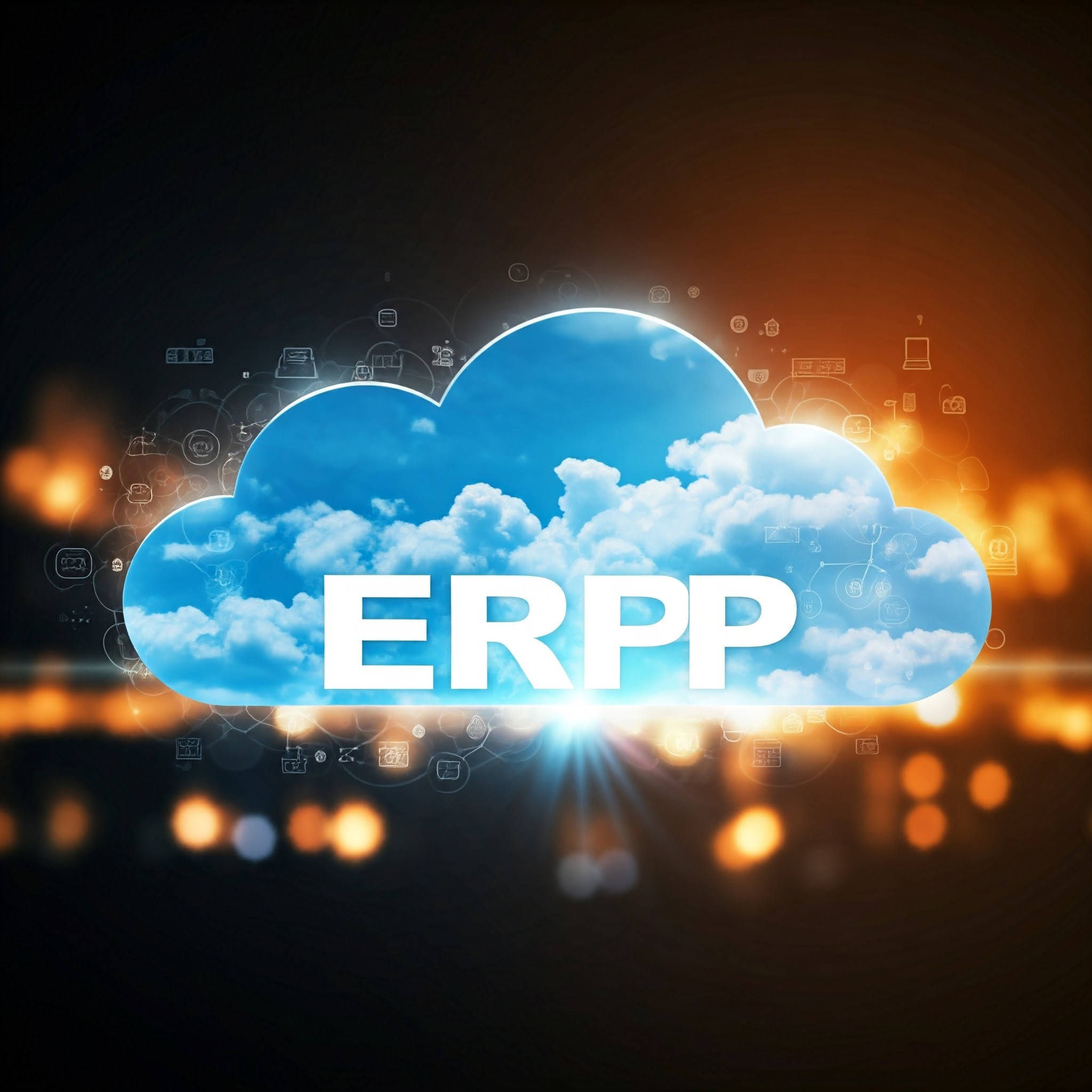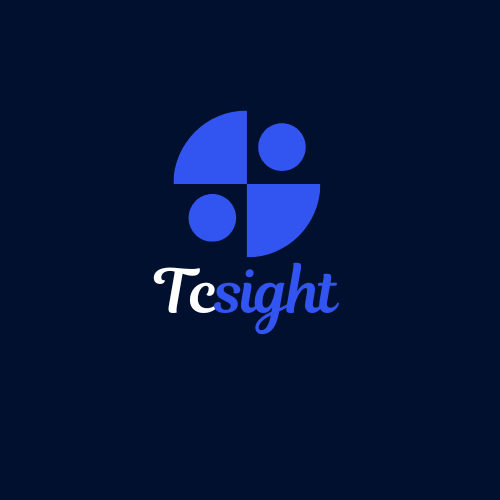To maximize productivity, foster growth, and encourage business diversification, it’s essential to streamline your business processes through a Cloud ERP system. Cloud-based ERP software not only automates the full spectrum of an organization’s operations but also provides accurate, real-time insights across departments, from planning and production to finance, inventory, and more. Here’s why embracing a cloud ERP solution is vital for any business aiming to improve efficiency and stay competitive.

Key Reasons to Streamline Your Business with a Cloud ERP System
1. Unified Operations
A cloud ERP system integrates all business functions—from procurement to production—on a single platform. This fosters collaboration and reduces errors by ensuring that all departments share the same data.
2. Accessibility
Cloud ERP offers anytime, anywhere access to information. Employees can collaborate effectively regardless of location, allowing for agile decision-making in today’s fast-paced business environment.
3. Enhanced Decision-Making
With real-time data access, businesses can analyze performance and identify trends quickly. Managers can generate insightful reports, enabling informed decisions based on concrete data.
4. Regulatory Compliance
Cloud ERP systems help organizations stay compliant by adapting to regulatory changes automatically. This proactive approach reduces the risk of compliance penalties and enhances the company’s reputation.
5. Proactive Issue Resolution
Integrated monitoring tools allow businesses to detect and address operational issues swiftly. Alerts for anomalies enable proactive problem-solving, ensuring smooth operations and minimizing disruptions.
Advantages of Cloud ERP Systems
Efficiency
Cloud ERP systems reduce manual data entry, lowering errors and freeing up your workforce from repetitive tasks. This shift boosts the overall efficiency and productivity of the organization.
Unified Information Access
With a centralized data hub, ERP software eliminates the need for managing separate databases across departments. This unified access reduces time spent on data reconciliation and improves accuracy.
Enhanced Reporting
Cloud ERP software comes with robust reporting features that simplify data requests and allow customizable, user-generated reports, reducing dependency on IT support.
Improved Customer Service
Sales representatives can provide top-notch customer service using real-time data on stock availability, promotions, order status, and more. This capability strengthens customer relationships and enhances overall satisfaction.
Security
Access levels can be customized at the user level, ensuring that each employee can only access the information relevant to their role, enhancing data security.
Forecasting
With built-in forecasting tools, next-gen ERP software helps organizations optimize order fulfillment, manage stock levels effectively, and improve inventory accuracy.
Collaboration
Cloud ERP’s centralized data management fosters improved collaboration across departments, enabling smooth coordination.
Cost Savings
By reducing resource waste, administration costs, and operational inefficiencies, ERP software provides financial savings, improving overall profitability.
Competitive Edge
ERP software allows companies to quickly respond to market demands, giving them a competitive advantage.
Real-Time Analytics
Access to real-time analytics ensures that all data is current, helping leaders make critical decisions confidently.
Flexibility
With cloud-based access, employees can input and retrieve data in real-time from any device with an internet connection, enhancing workforce flexibility.
Lower Operating Costs
Unlike on-premise ERP systems that require frequent maintenance, cloud ERP software is typically offered as a subscription service (SaaS), reducing operating expenses.
Core Features of Cloud-Based ERP Software
- Stock Management: ERP software supports efficient stock control, including centralized inventory levels, quick updates, and streamlined warehouse operations.
- Inventory Control: ERP systems prevent overstocking, reduce wasted stock, and simplify inventory management through real-time updates.
- Reduced Operational Costs: Cloud ERP standardizes operations and centralizes information, saving time and minimizing expenses.
- Customer Relations: Real-time insights enhance customer service strategies, enabling timely responses and reliable support.
- Purchasing Management: Track spending and streamline order processes to optimize purchases and reduce costs.
- Sales Management: Cloud ERP enables efficient lead tracking, order generation, real-time sales forecasts, and enhanced customer relationships.
Conclusion
Streamlining your business operations with cloud-based ERP software transforms efficiency, decision-making, and collaboration. By reducing operational disruptions and enhancing visibility across departments, Cloud ERP positions your organization for growth and resilience in a competitive market.



2 thoughts on “How Can You Leverage Cloud ERP for Streamlined Business Efficiency?”
thank you for this it lovely…
Cloud ERP enhances business efficiency by centralizing data and enabling real-time access, which improves decision-making and cross-departmental collaboration. With cloud ERP, businesses benefit from flexibility and scalability, allowing them to adjust resources as needed without the heavy upfront costs of traditional ERP systems. Additionally, cloud ERP systems minimize IT dependency and include built-in security and compliance, managed by the ERP provider, helping ensure data protection and regulatory adherence.